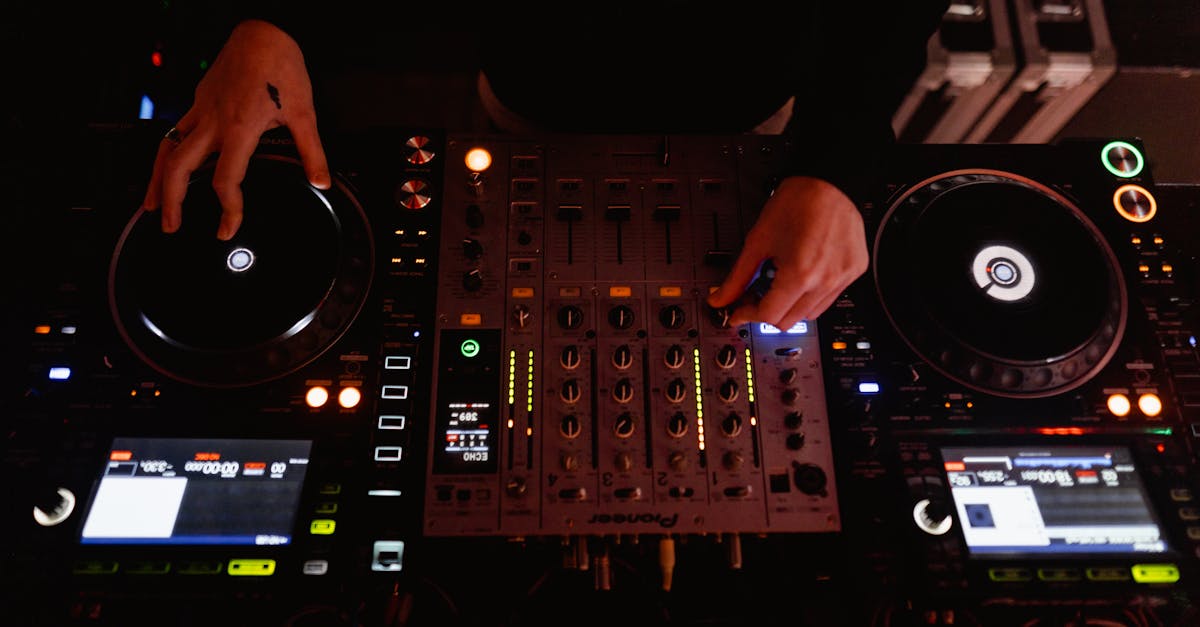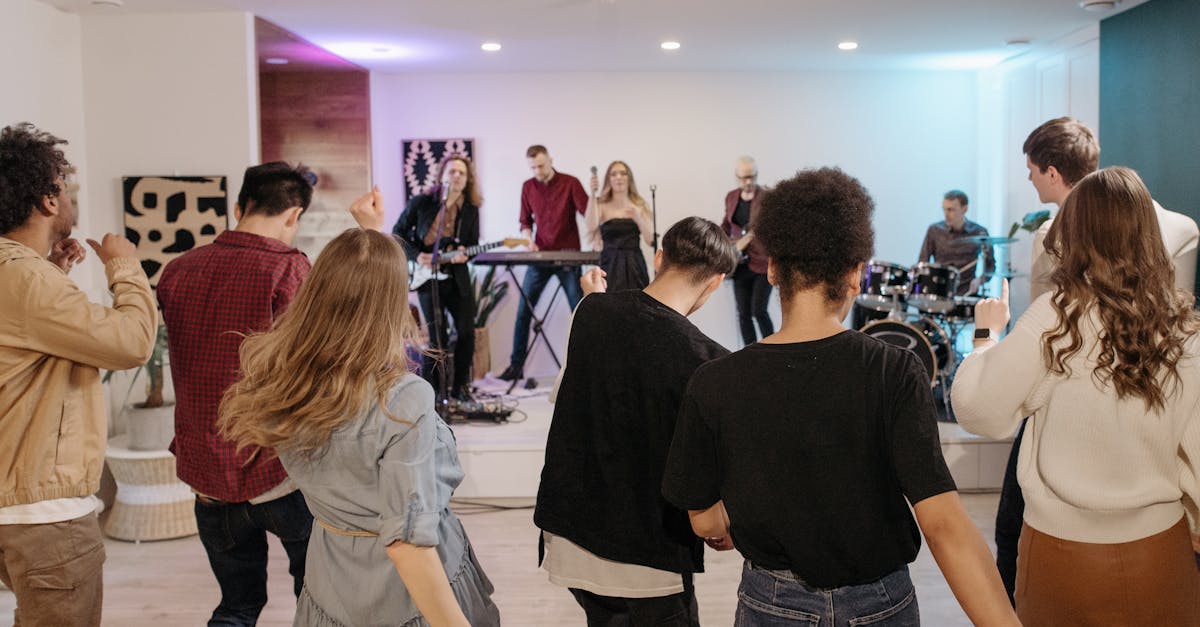Harmonizing World Notes The Universal Language of Music
Introduction
Music is often described as a universal language capable of crossing borders and bridging cultures. Regardless of where you are in the world, music has a profound ability to connect people. Whether you’re listening to a soulful ballad or lively folk tune, music’s melodies and rhythms speak to the heart. Harmonizing world notes explores this fascinating intersection between music and cultural unity. We examine how musical traditions blend, creating new genres that celebrate diversity. This article delves into the power of music as an incredible force for global harmony.
Advertisement
The Cultural Melting Pot of Music
Music has long served as a cultural melting pot, where different traditions blend seamlessly to create new sounds. History is peppered with examples where diverse musical traditions merged, leading to the birth of new genres. Flamenco, a genre that emerged in southern Spain, is one such example, reflecting influences from the Gypsies, Moors, and Jews. Similarly, jazz, born in the African American communities of New Orleans, draws on blues, ragtime, and classical music. These musical fusions exemplify how cultural exchange drives innovation, creating vibrant new sounds that resonate globally.
Advertisement
Transcending Language Barriers
Music transcends language barriers, allowing people who speak different languages to connect deeply. A song’s melody or rhythm can evoke emotions that are universally felt, regardless of the language in which they are expressed. Consider the global appeal of K-pop, which, despite being sung primarily in Korean, has fans worldwide. Similarly, classical music, often devoid of lyrics, has the ability to convey emotions universally. Music's power to transcend language barriers underscores its role as a potent tool for fostering cross-cultural understanding and unity.
Advertisement
Music as a Tool for Social Change
Throughout history, music has served as a catalyst for social change, amplifying voices and rallying communities. From protest songs of the civil rights movement to anthems of liberation in apartheid South Africa, music has inspired movements for justice and equality. Artists like Bob Marley and John Lennon used their music to speak against oppression and promote peace. The ability of music to bring attention to social issues and inspire action highlights its significant role in shaping a more just and equitable world.
Advertisement
The Role of Technology in Global Music Exchange
Technology has enhanced the ability for music to transcend borders, establishing a rich tapestry of global musical exchange. Platforms like YouTube and Spotify have democratized access to music from around the world, allowing artists to reach a global audience. The emergence of virtual collaborations, where artists from different corners of the globe can create music together, shows the power of technology in blending cultures. By fostering global music exchange, technology plays a pivotal role in promoting a harmonious and interconnected world.
Advertisement
Preserving Cultural Heritage through Music
For many communities, music serves as an essential element in preserving cultural heritage and identity. Traditional music embodies stories, rituals, and values passed down through generations. In countries like India, the concept of raga in classical music not only entertains but also reflects spiritual and philosophical ideas. Additionally, UNESCO's recognition of musical traditions as intangible cultural heritage underscores the importance of preserving these rich musical heritages. By conserving traditional music, we ensure that cultural diversity continues to thrive for future generations.
Advertisement
Music Festivals Creating Global Gatherings
Music festivals offer an experiential canvas for cultural exchange, transforming spaces into global gatherings of harmony and celebration. Events like Glastonbury in the UK and Tomorrowland in Belgium attract attendees worldwide, creating a cultural melting pot centered around music. Artists from various genres and countries perform side by side, fostering an environment of collaboration and mutual appreciation. These festivals help forge cross-cultural connections, showcasing music’s incredible ability to unite people from diverse backgrounds in joyous revelry.
Advertisement
Educational Initiatives Bringing Music to the Forefront
Educational initiatives around the world are using music to dissolve cultural divides and promote harmony. Programs incorporating music education in schools have demonstrated positive impacts on cognitive development and social integration. The El Sistema initiative in Venezuela, which uses orchestras to teach music to underprivileged children, is celebrated for its transformative impact. By integrating music into education, such initiatives empower individuals and communities, fostering a climate where cultural appreciation and coexistence flourish.
Advertisement
The Future of Global Music Collaboration
As global connectivity increases, the potential for new musical collaborations across cultures grows. Emerging artists are blending traditional sounds with contemporary genres, crafting unique styles that celebrate global influences. The viral nature of social media platforms allows these innovative sounds to reach diverse audiences, encouraging further cross-cultural collaborations. By continuing to embrace diversity, the global music scene is poised to create an even richer tapestry of sound that embodies a truly harmonious world.
Advertisement
Summary and Conclusion
Music is more than mere notes and rhythms—it’s a powerful connector that transcends cultures and unites humanity. From creating new genres through cultural fusion to using technology for global music exchange, music fosters understanding and harmony. Beyond entertainment, music is a potent tool for social change and cultural preservation. As we move into the future, embracing music's role in uniting people is crucial for fostering a more peaceful and interconnected world. Through harmonizing world notes, we can build a symphony of global unity that resonates for generations to come.
Advertisement







